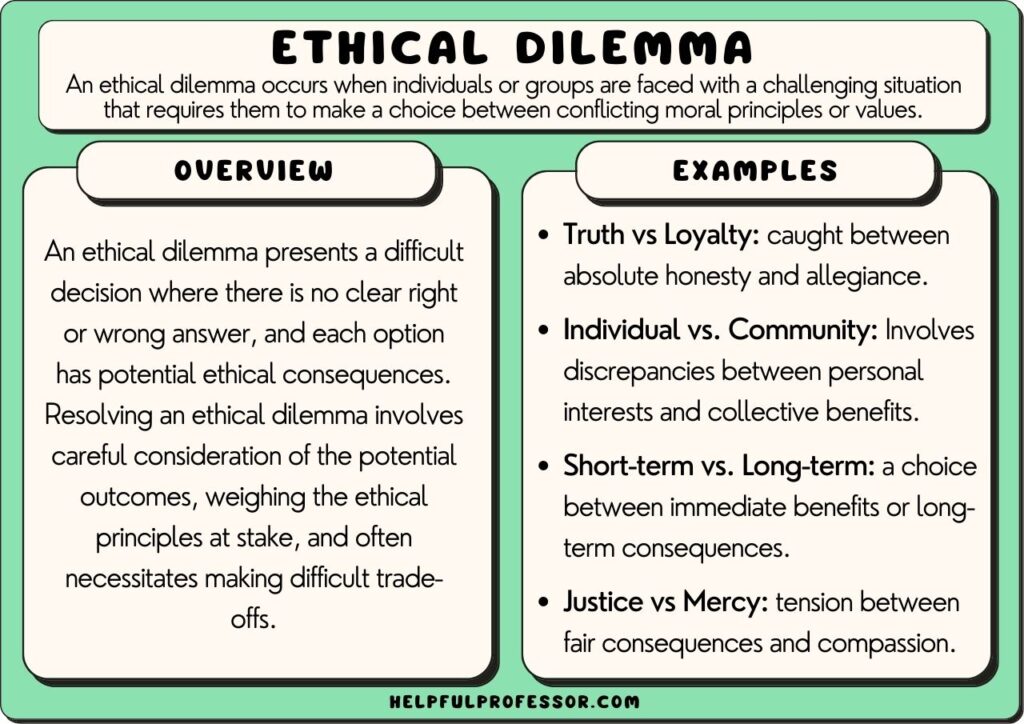

Ethical dilemmas in travel and leisure are a growing concern for travelers and destinations alike. This article delves into these complex issues, exploring how to make responsible decisions that benefit both visitors and local communities. The complexities of modern travel raise various questions regarding responsible practices, environmental impact, and cultural sensitivity, and how we can navigate them. This article will examine these dilemmas from multiple perspectives and provide actionable strategies to foster ethical tourism practices. This article will delve into several key areas including understanding ethical considerations in tourism, addressing the environmental impact, supporting local economies, and respecting cultural values. The aim is to equip you with the knowledge and tools to make informed and responsible travel choices.
Understanding Ethical Considerations in Tourism
Defining Ethical Travel
Ethical travel goes beyond simply visiting new places; it’s about being mindful of the impact your actions have on the environment, local communities, and the culture. Ethical travel entails recognizing that tourism can have both positive and negative consequences. Responsible travel involves acknowledging these consequences and working to minimize any potential harms while maximizing the positive impacts.
Recognizing the Need for Ethical Decision Making
The rise of mass tourism has brought about a range of concerns, including environmental degradation, exploitation of local resources, and displacement of indigenous populations. Recognizing the ethical implications of travel decisions is therefore crucial for fostering a more sustainable and equitable travel industry. By evaluating the potential consequences of our actions, we can steer our choices toward more positive outcomes for the destinations we visit.
Addressing the Environmental Impact of Travel
The Environmental Footprint of Tourism
The environmental impact of travel is significant. From carbon emissions from air travel to waste generation in destinations, tourism contributes to pollution and resource depletion. Understanding the environmental impact of our travel choices is a critical first step in developing sustainable travel habits.
Sustainable Travel Practices
Adopting sustainable practices is vital for reducing our environmental footprint. This can involve selecting eco-friendly transportation options such as trains or buses instead of planes; choosing accommodations with sustainable practices; minimizing waste; and supporting businesses committed to environmental responsibility. These conscious choices can significantly minimize the harmful effects of travel and contribute to the preservation of natural resources.
Supporting Local Economies
The Importance of Local Businesses
Choosing to support local businesses rather than large multinational corporations is an important aspect of ethical tourism. This fosters economic development, job creation, and cultural preservation within the destination. Promoting local artisans and small enterprises gives them a boost and creates more sustainable financial avenues.
The Role of Ethical Consumption in Tourism
By supporting local businesses and engaging with local communities, travelers contribute to a more equitable and sustainable tourist industry. This includes purchasing handmade goods, choosing locally-sourced food, and participating in community-based activities.
Respecting Cultural Values
Cultural Sensitivity in Travel
Respecting cultural values is paramount in ethical tourism. Travelers must be mindful of local customs, traditions, and beliefs. This involves researching the destination’s culture beforehand and understanding the local norms, so as to avoid misunderstandings or causing offense. Showing respect for local practices and beliefs is crucial for creating positive interactions with the host community.
Navigating Cultural Differences
One way to promote cultural sensitivity is to prioritize learning about the local culture before a trip, such as researching the customs, etiquette, and beliefs of the region. By researching and understanding the history of the place you are visiting, you can engage with the locals in a mindful way and avoid causing harm.
Case Studies in Ethical Tourism
Example 1: Community-Based Tourism
Many destinations are successfully implementing community-based tourism initiatives to provide direct economic benefits to local communities. This approach empowers local communities, promoting cultural preservation, while enhancing the authenticity of tourism experiences. This provides a win-win scenario for travelers and locals.
Example 2: Eco-Lodges
Eco-lodges are often a sustainable option that reduces their environmental footprint and helps protect the local biodiversity, supporting wildlife conservation, while providing positive tourism experiences.
Measuring and Evaluating Ethical Travel
Setting Clear Ethical Standards
Establishing clear ethical standards for travel and leisure can serve as a guide for travellers when making choices. This can include setting goals, identifying areas of concern and implementing ways to improve practices related to the ethical aspects of tourism. This helps travellers reflect on their travel choices, supporting sustainable and responsible tourism initiatives.
Sustainable Tourism Certifications
Look for certifications that indicate a commitment to sustainability and ethical practices. For example, the Global Sustainable Tourism Council (GSTC) provides standards for sustainable practices, which travelers can look for when selecting accommodation.
The Role of Travel Organizations
Promoting Responsible Practices
Travel organizations, companies, and platforms play a crucial role in supporting responsible travel decisions by educating and encouraging travelers to adopt more mindful practices. They can promote ethical travel by working closely with local communities and providing accurate information about the places they feature.
Transparency and Accountability
Promoting transparency and accountability in the travel industry is essential. Providing clear information about environmental and social impacts is a key step in enabling travellers to make informed choices.
The Future of Ethical Travel
Empowering Travelers
Empowering travellers with knowledge, resources and tools is crucial for the future of responsible tourism. By providing clear information about ethical choices available, we equip travellers with the power to make positive choices.
Continuously Evolving Standards
Ethical standards and best practices in tourism are continuously evolving. Staying informed about emerging trends and initiatives will allow travellers to adapt to ethical standards and responsible choices.
The Importance of Research and Information
Exploring Destinations and Their Cultures
Thoroughly researching destinations and understanding local customs, history and culture is important for travelers. Being informed about a location helps travellers respect the cultural nuances and promotes mindful interaction.
Recognizing the Power of Ethical Travel Choices
Ethical travel choices have the power to create positive change by supporting local communities, preserving natural resources and promoting cultural understanding. Mindful travel empowers travellers to make decisions with impact and lasting effects. By making more responsible travel decisions, we can contribute to more sustainable and equitable destinations and better outcomes for the planet and its people.
Frequently Asked Questions
What are some examples of ethical dilemmas in travel?
Ethical dilemmas in travel can range from supporting exploitative labor practices in local businesses to disrespecting local customs and traditions. Other examples include contributing to environmental damage through unsustainable travel choices, or prioritizing personal luxury over the well-being of local communities. These decisions often involve balancing individual desires with the needs and rights of local populations and the environment. Consider whether your travel choices are truly benefitting the communities you visit, or simply taking from them without giving back.
How can I make responsible travel decisions?
To make responsible travel decisions, prioritize sustainable practices like choosing eco-friendly accommodations, reducing your carbon footprint, and supporting local businesses. Respect local customs and traditions through cultural sensitivity and mindful interaction. Support businesses committed to fair labor practices and ensure your choices have a positive impact rather than a negative one. Research the impact of your travel choices on the environment and community before you go.
What are some resources for ethical travelers?
Numerous resources can help travelers make ethical decisions. Look for organizations that promote responsible tourism, like the Global Sustainable Tourism Council (GSTC) and local community-based tourism initiatives. Check out online guides, travel blogs and news articles focused on ethical travel tips. By researching destinations and their cultural contexts before you go, you can make informed and mindful decisions to ensure your travel experiences contribute to a positive change.
In conclusion, ethical dilemmas in travel and leisure are complex issues demanding careful consideration. By prioritizing responsible travel choices, understanding local customs and cultures, and promoting sustainable practices, we can make tourism a positive force for both travelers and the destinations they visit. We encourage readers to reflect on their own travel decisions and commit to making more ethically sound choices in the future. Learn more about ethical travel organizations and resources to deepen your understanding and support these practices.